28
APR
2012
APR
2012
As we all know, search engines are continually changing their algorithms to account for spam by search engine optimisers who follow black hat techniques and to improve the quality of search results.The latest update to come out of Google is called the Penguin update (Google seems to have a thing for exotic animal names, the most controversial one before this was called the Panda update!)
So what is it that you need to ensure that your site does not get affected and demoted in search results because of the Penguin update? Actually, nothing new. If your seo company uses white hat techniques, you have nothing to worry.
Here is a list of some do’s and don’ts right from the horse’s mouth:
- Avoid hidden text or hidden links.
- Don’t use cloaking or sneaky redirects.
- Don’t send automated queries to Google.
- Don’t load pages with irrelevant keywords.
- Don’t create multiple pages, subdomains, or domains with substantially duplicate content.
- Don’t create pages with malicious behavior, such as phishing or installing viruses, trojans, or other badware.
- Avoid “doorway” pages created just for search engines, or other “cookie cutter” approaches such as affiliate programs with little or no original content.
- If your site participates in an affiliate program, make sure that your site adds value. Provide unique and relevant content that gives users a reason to visit your site first.
Some of them are more black and white than others. For example, avoiding hidden text or hidden links seems like a pretty obvious thing. Just don’t do it. The duplicate content one is a little different. What does Google consider “substantially duplicate content”? How much is too much?
Beyond the specific guidelines, Google also lists 4 “basic principles”. These are:
- Make pages primarily for users, not for search engines. Don’t deceive your users or present different content to search engines than you display to users, which is commonly referred to as “cloaking.”
- Avoid tricks intended to improve search engine rankings. A good rule of thumb is whether you’d feel comfortable explaining what you’ve done to a website that competes with you. Another useful test is to ask, “Does this help my users? Would I do this if search engines didn’t exist?”
- Don’t participate in link schemes designed to increase your site’s ranking or PageRank. In particular, avoid links to web spammers or “bad neighborhoods” on the web, as your own ranking may be affected adversely by those links.
- Don’t use unauthorized computer programs to submit pages, check rankings, etc. Such programs consume computing resources and violate our Terms of Service. Google does not recommend the use of products such as WebPosition Gold™ that send automatic or programmatic queries to Google.
In general, make sure that your designers, developers and seo follow the Google Quality Specifications and you should be fine as long as your website exists.
Read More














